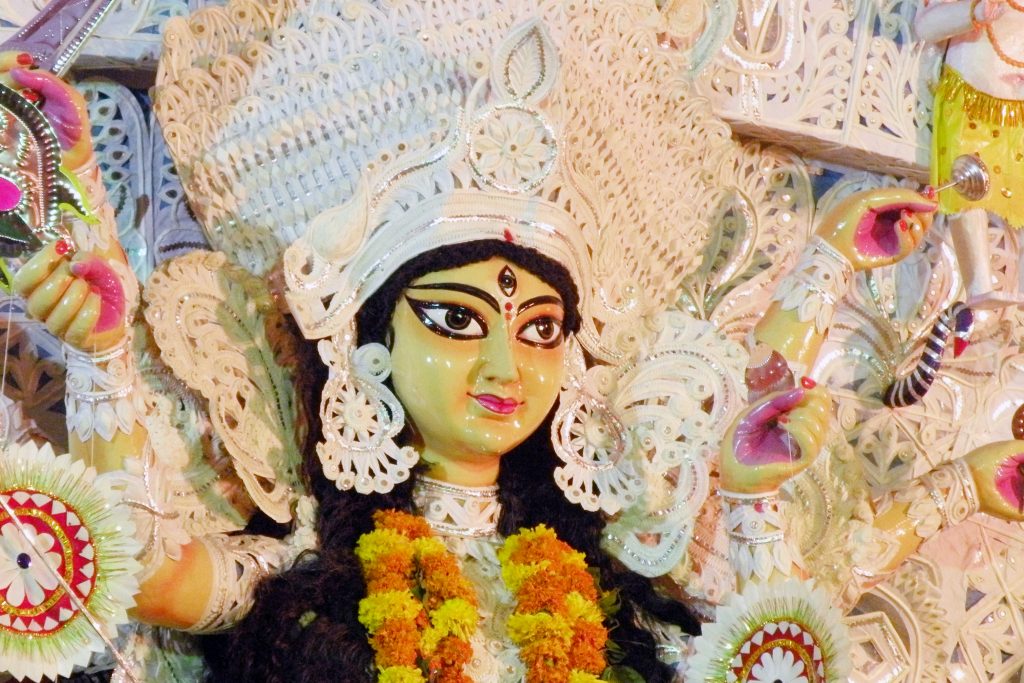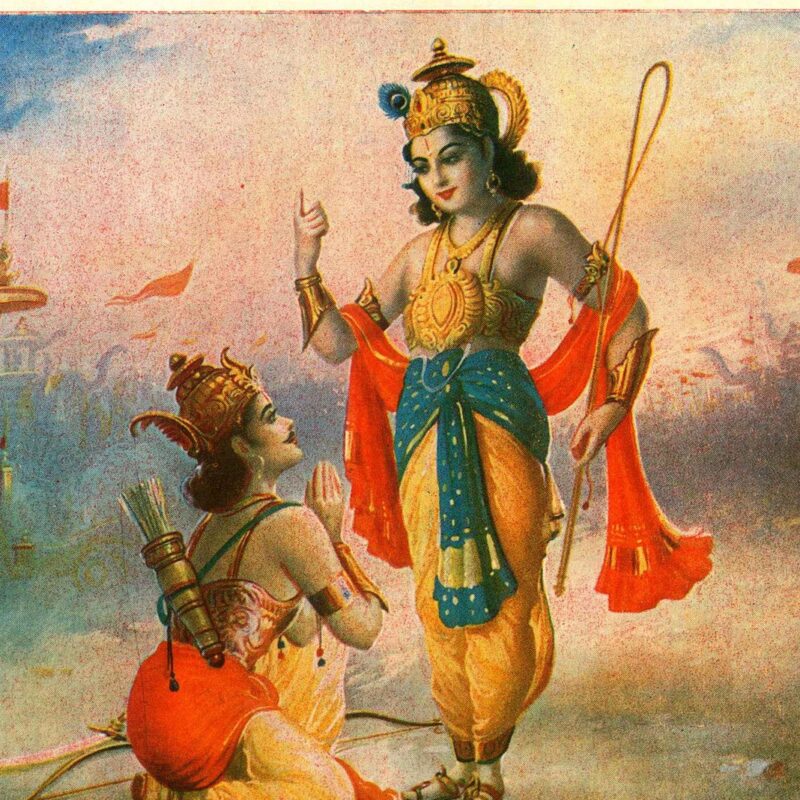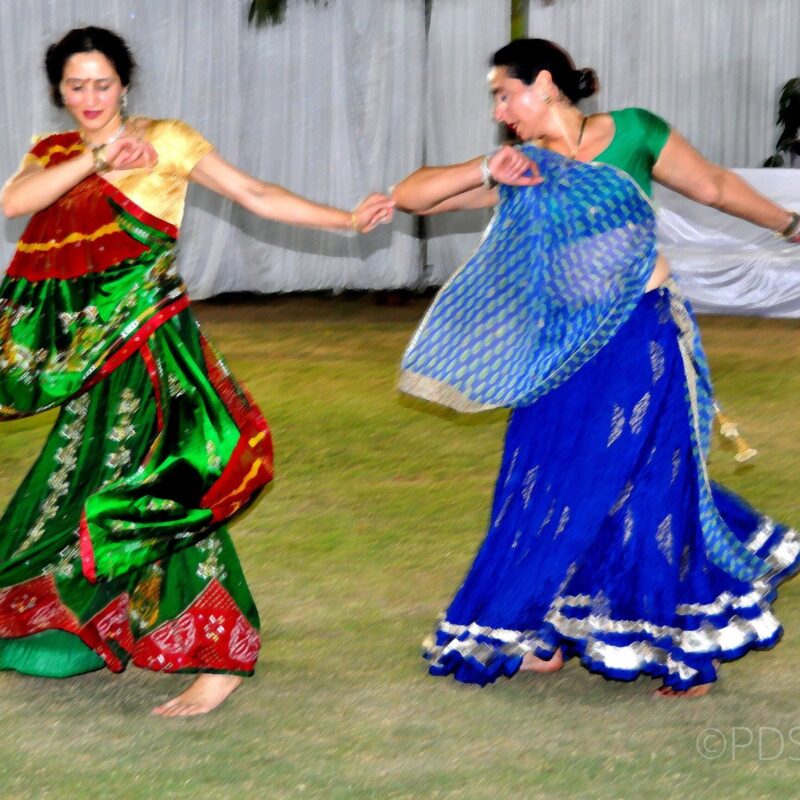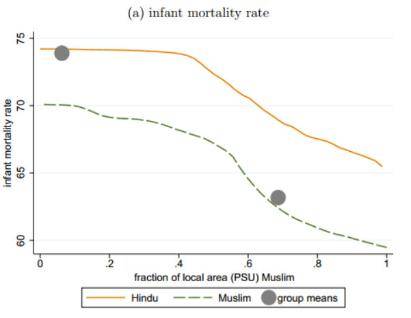

“Rakshamsi yathrogra vishamscha naga, Yathrarayo dasyu balani yathra, Dhavanalo yathra thadabdhi madhye, Thathra sthitha thwam paripasi viswam. Where Rakshasas and snakes of virulent poison (are), where foes and hosts of robbers (exist), where forest conflagrations (occur), there and in the mid-sea, You stand and save the world.” — Devi Mahatmayam Verse 32.
Currently, more than a billion Hindus celebrate Navaratri (nine nights) from September 20th-30th of this year. Navarathri commemorates the victory of Goddess Durga over Mahishasura (an asura named Mahisha) who had brought darkness to the universe. This battle raged for 9 days, with the asura assuming various forms before Durga finally crushes and conquers all that he represents. In addition to commemorating this victory, Hindus pray for purification of their gunas (qualities).
Overcoming our ignorance, tendencies, and biases is more difficult than it appears on the surface, which is why Hindus pray for these nine days to Goddess Durga to facilitate this process.
For many, the nine days are days of fasting, where there is an opportunity to deepen our connection to the Divinity within, cleansing our mind as we cleanse our body through refraining from certain foods during the day.
Now more than ever is such introspection necessary. Polemic rhetoric throughout the world has pitted countries against each other, neighbor against neighbor, and ethnocentricity has resulted in isolationism. But in addition to the nearly billion Hindus in India and the diaspora, two more of the world’s oldest religions, all with significant populations in the Middle East prior to Islam and Christianity, are currently observing their holidays. The global Jewish community is observing Rosh Hashanah, the Jewish New Year, followed by Yom Kippur, the Day of Atonement, a day of fasting and the holiest day in Judaism, while the Pagan/Wicca communities around the world observe the Fall Equinox. Along with Navaratri, these holidays also center around prayers for fruitful beginnings and reflection, bringing together communities of people to celebrate and contemplate.
For Hindus, each of the nine days celebrate a new form of Devi — including various forms of Saraswathi, Lakshmi and Parvathi — and in some cases nine forms of the Goddess Durga.
Mahisha was a very clever asura, as darkness and hatred often is. He attempts to charm, trick, converse with, and even befriend the Goddess. Our hatred and prejudices often have a way to trick us into believing they are correct. This pushes vulnerable individuals into acts they otherwise would not contemplate. The purpose of all of these Old World faiths having their holidays was to forge a sense of contemplation and a new beginning.
Thinking that our Hindu ancestors observed their holidays with their Jewish and Pagan friends and colleagues might be a far fetched, but today we have a moral imperative. We are in constant contact with those of other faiths, practices and beliefs, and we need to reach deep into our roots and nurture the pluralism that our ancestors held. While they observed separately, they demonstrated a deep respect for each others’ traditions and beliefs. This is our prayer for this Navaratri, that we may learn to honor our own traditions, but respect the diversity of others’ traditions as well.
This piece was co-authored by HAF board member Padma Kuppa and HAF National Leadership Council member Arvind Chandrakantan.








































